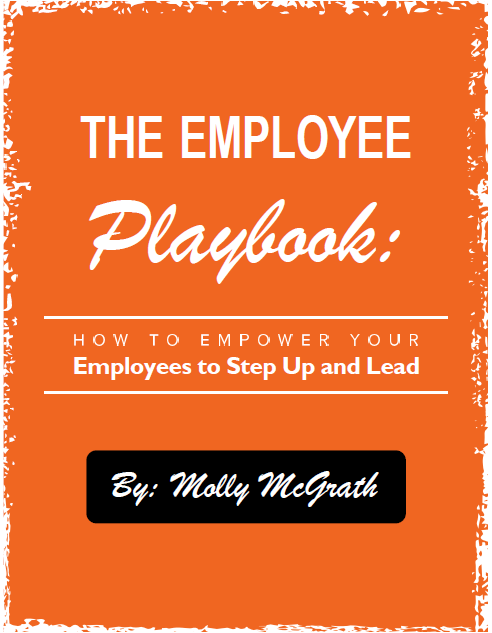“OMG, my assistant is creating more work for me, not less!”
We hear this complaint at least once a week. Today, a business owner wanted to talk with me because he was completely frustrated. He’d stretched his budget to bring on an assistant because things were falling through the cracks. Emails weren’t getting responded to, and appointments weren’t being put on his calendar, causing missed meetings. He felt he was in constant disarray. So now he was paying one more person and seemed to have MORE to do than before – and none of those problems he was having were solved.
 He launched into an analysis of his assistant: She is so smart, he said, but everything still seems to require me. She is a hard worker, but I’m not exactly sure what she is doing.
He launched into an analysis of his assistant: She is so smart, he said, but everything still seems to require me. She is a hard worker, but I’m not exactly sure what she is doing.
I realized after a few moments that if I, as a hiring and training expert, was having trouble following what exactly his assistant was supposed to be doing for him, then this wasn’t an employee issue, it was a clarity issue. The boss had “problems” he wanted solved and had listed out duties for his assistant to address those problems, but there was no process under it.
Here’s what I mean:
- Problem: Appointments aren’t being put on the calendar so they are being missed.
Assistant’s task: Should handle the calendar – add appointments and confirm them the day before.
What’s occurring: Boss feels the calendar is out of control and is reviewing it constantly to see what was put on there and correct it (i.e. not a person who should meet with him, not the right length of meeting) and the assistant is constantly asking questions about scheduling meetings, so he might as well just schedule them himself.
Questions to boss: How do appointments get on your calendar? Do you add them during meetings with people and when people email or call to schedule appointments?
What’s the process to alert your assistant when you are at a meeting and schedule a meeting with someone so she can make sure it’s on your calendar, not double-booked, and it’s on her radar to prepare you for?
What are her boundaries for scheduling appointments for you when someone calls/emails? What’s permissible to schedule a meeting for? (So you aren’t ticked when you see that something stupid got on your calendar.) How long should meetings be? How early and how late in the day?
- Problem: No one is following up on team meetings to make sure assignments are completed.
Assistant’s task: Take notes during meetings of all follow-up actions and provide them to the boss.
What’s occurring: The assistant is taking notes of meeting follow-ups and emailing them to the boss, but the boss has no time to look at them and feels like he is paying her for a waste of time.
Question to boss: Why have her prepare these meeting notes and send them to you? Isn’t this now one more thing to do? Can’t she at least touch base with each person and confirm IF they finished their follow-up so you have a detailed report of the current status of each item? Then you can identify how she responded to anyone who had not completed an item. Take the follow-up off of the business owner.
There is a trend. The business owner identified problems, listed tasks he wanted an assistant to do, then hired someone. He never stopped to figure out how to totally transition the problem and solution to the assistant – he just gave her a task to do that would bounce back to him.
So if you are hiring, consider thinking through the entire process or problem that you are hoping a new employee can solve and what YOUR part of that process is.
If you aren’t sure, click here and schedule a complimentary discovery call with us.
Laney Lyons

